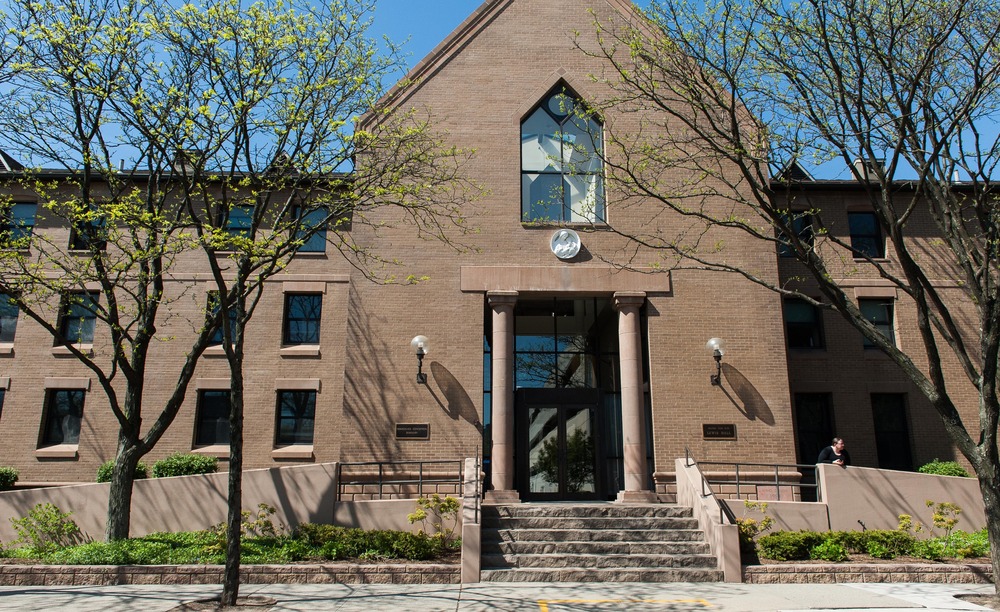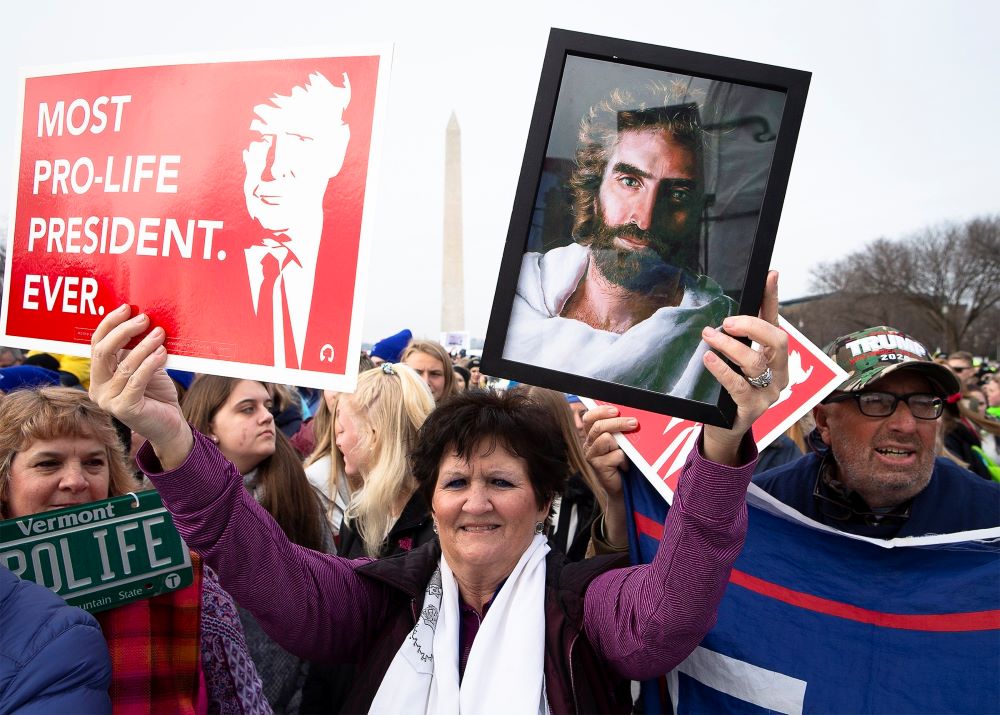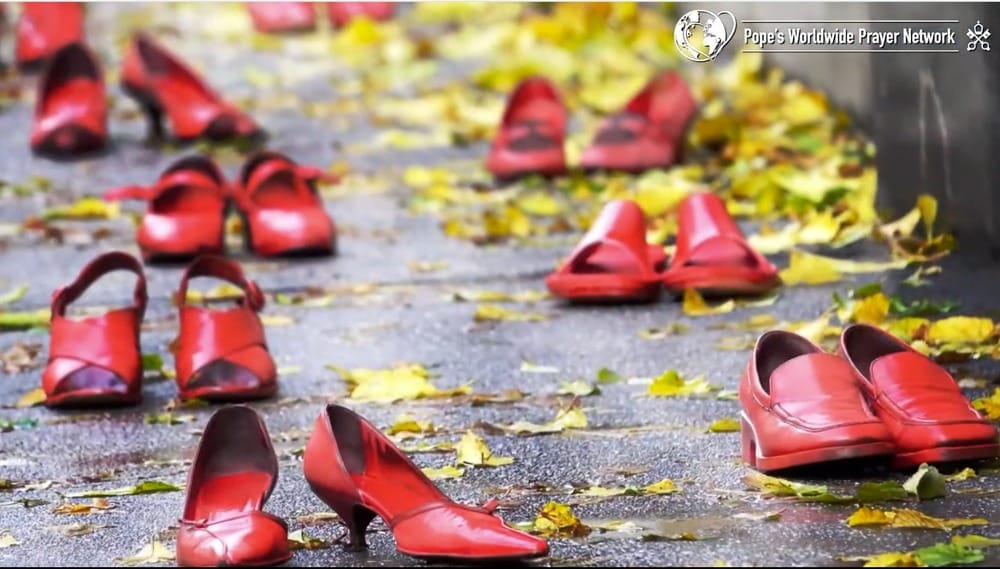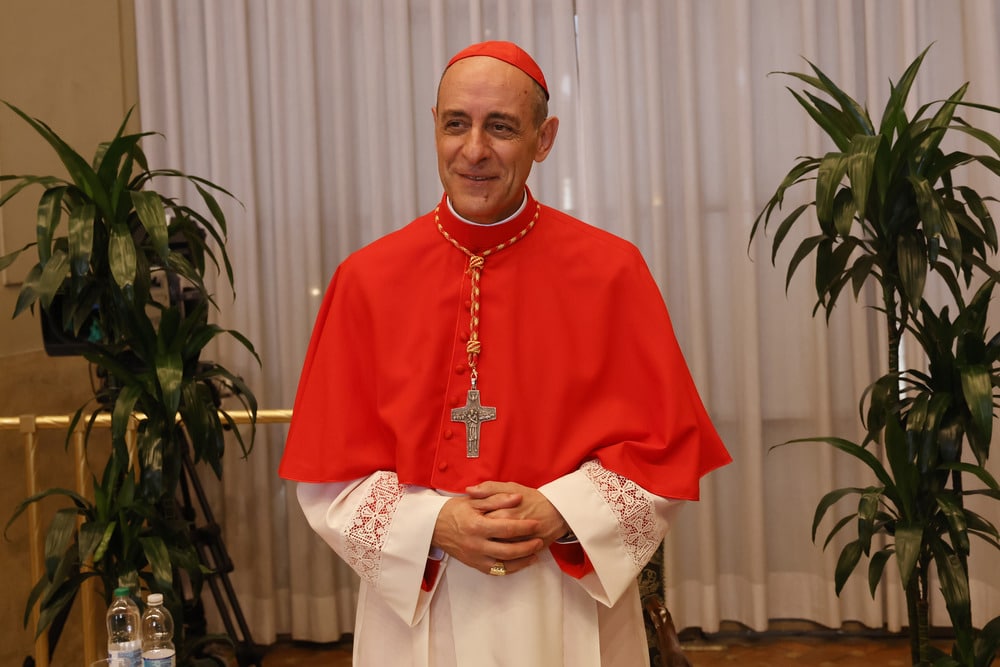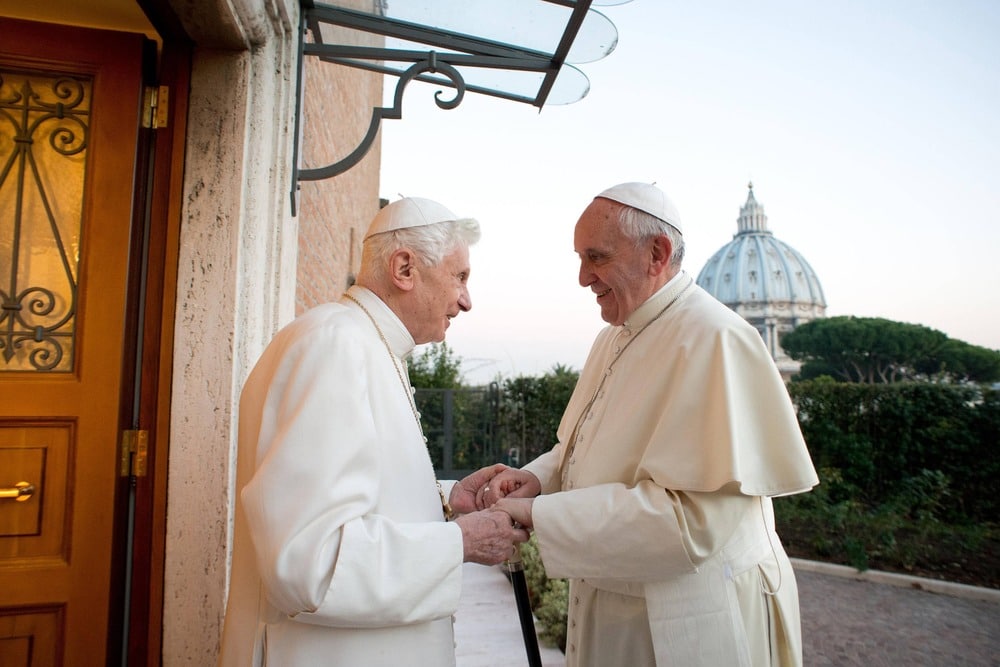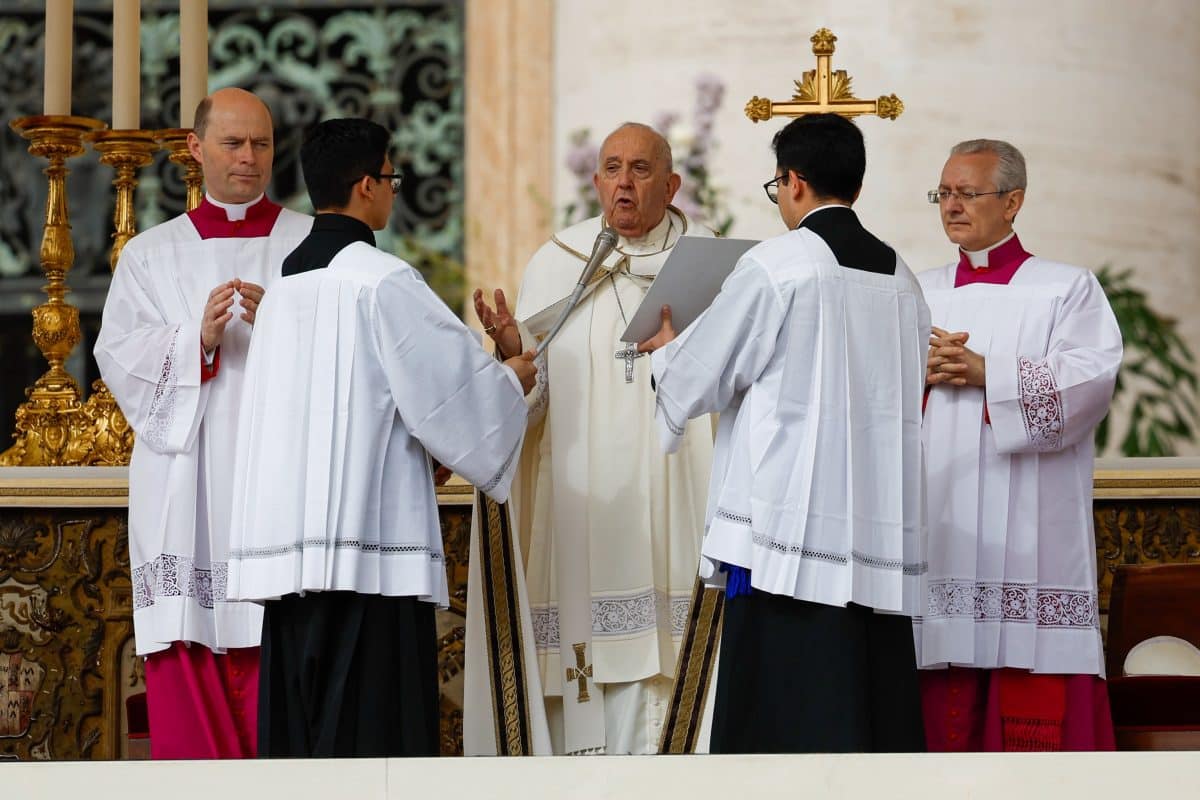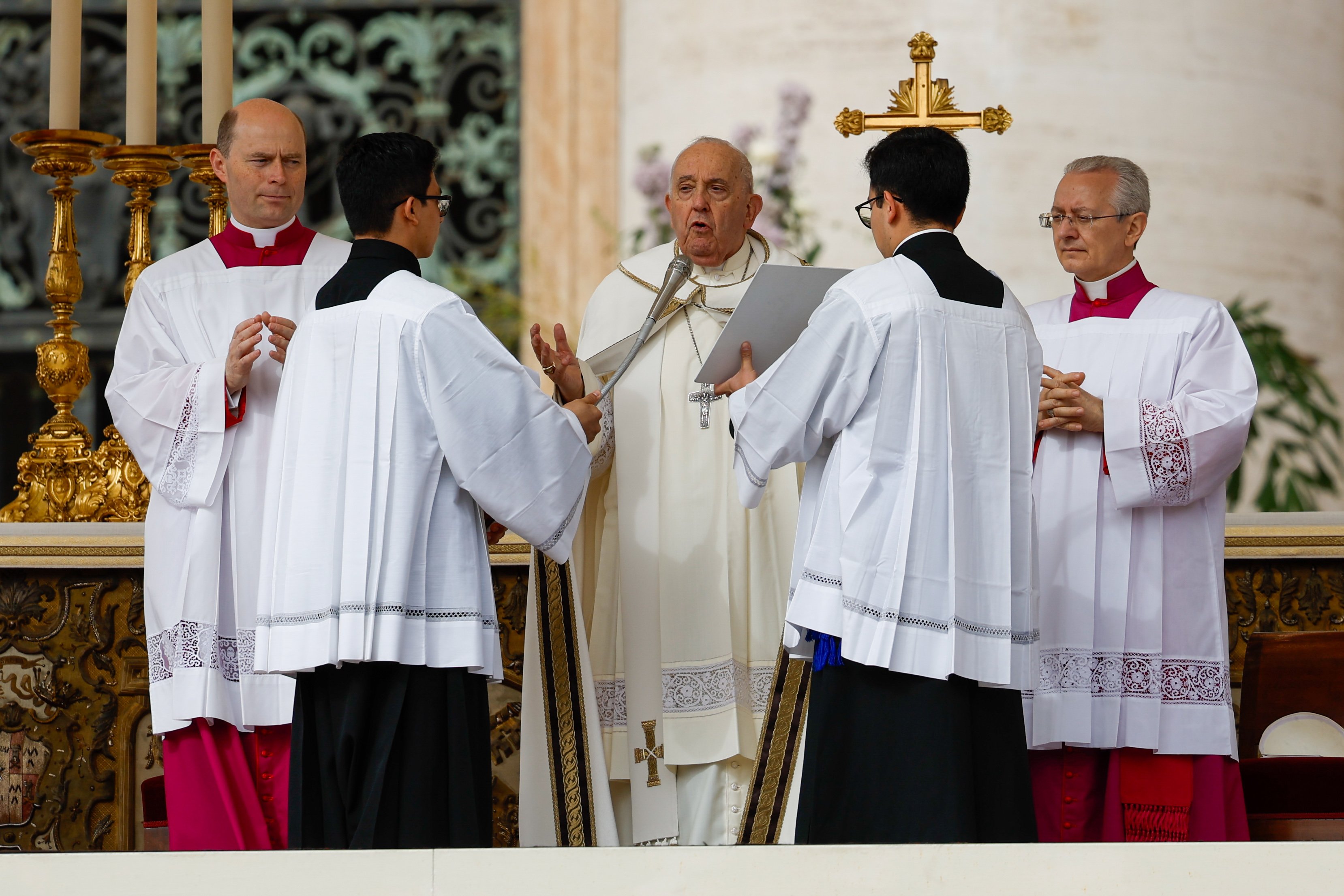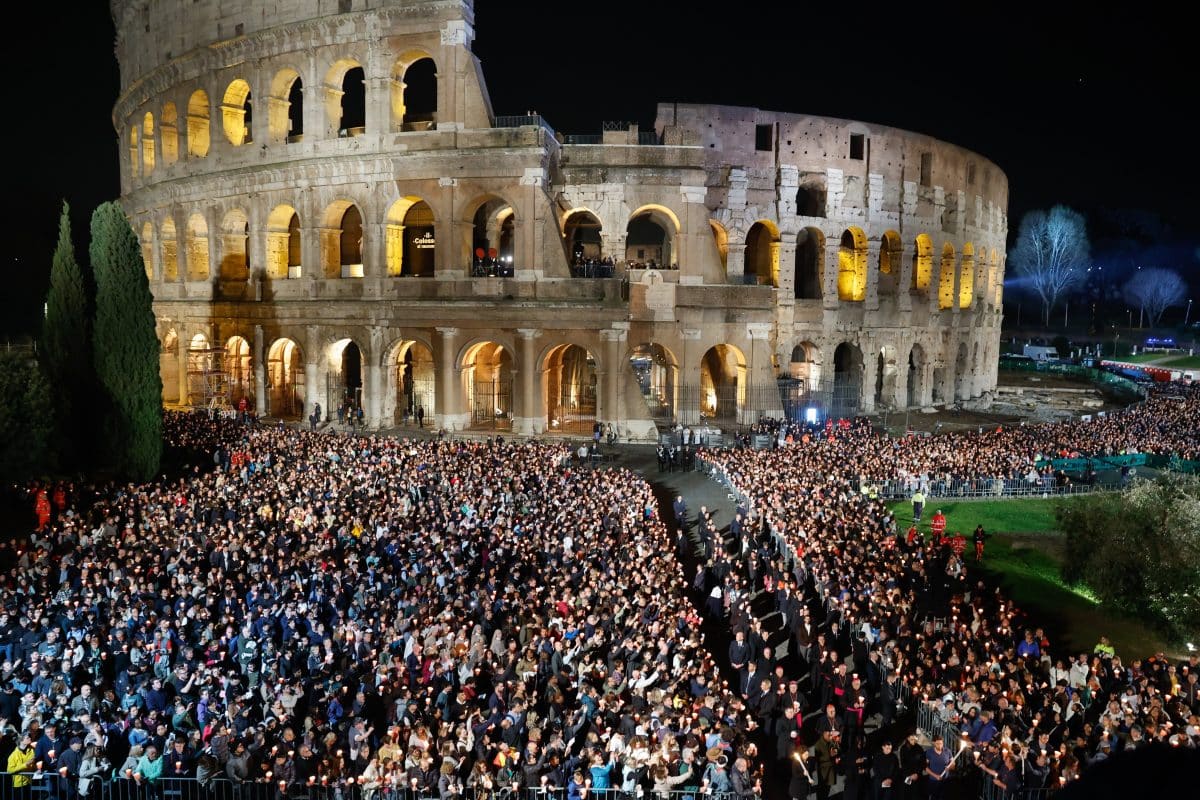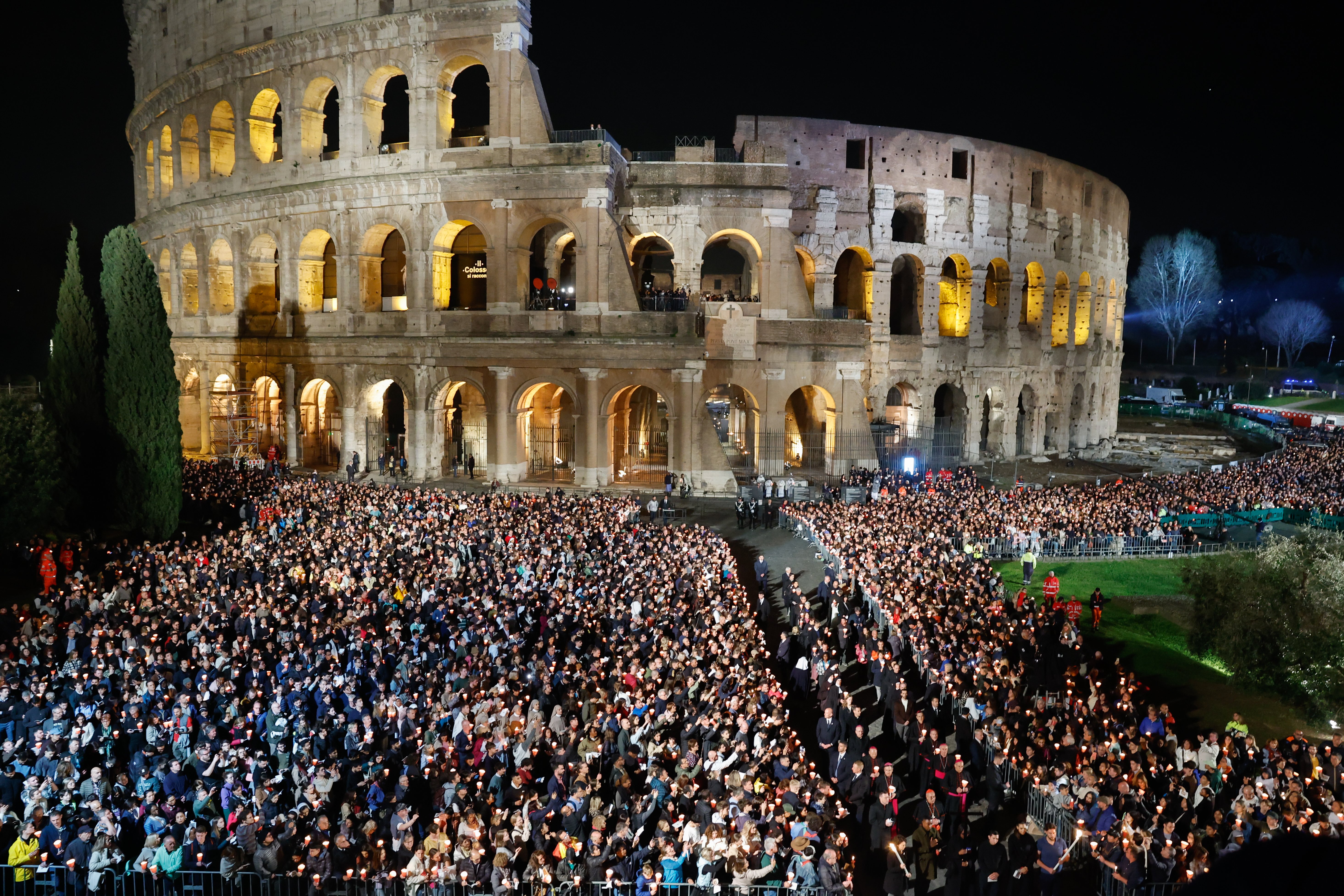
Have you got your glasses?
For those in the path of the April 8 astronomical event dubbed « the Great North American Eclipse » — the total solar eclipse that will occur when the moon passes between the sun and Earth, completely blocking the sun — it’s a question of both practicality and safety. As NASA notes, « When watching the partial phases of the solar eclipse directly with your eyes … you must look through safe solar viewing glasses (‘eclipse glasses’) or a safe handheld viewer at all times. »
The total solar eclipse will be visible only along a slim corridor stretching from Texas to Maine, but a partial eclipse will be visible in other U.S. states. On average, NASA — which will hold a live online broadcast — says about 375 years elapse between the appearance of two total eclipses in the same place.
Father John Kartje — rector and president of the University of St. Mary of the Lake/Mundelein Seminary in Illinois, who also holds a doctorate in astrophysics from the University of Chicago — has been fielding a multitude of eclipse inquiries from fellow Catholics.
Those questions, he told OSV News, are sometimes informed by an underlying anxiety, « almost asking about, is there some portent to this or is this a sign — the way a question might have been asked centuries ago. »
Kartje stressed that he nonetheless treats such questions with reverence, although none of his petitioners have yet suggested « that we’ve been cursed or something like that. »
Still, dramatic celestial events are easily capable of both unsettling and exhilarating the public, even if they don’t believe an eclipse is an advent of the apocalyptic.
There are at least a couple of ways to think about a solar eclipse, Kartje suggested — the physical and the spiritual.
« There’s just the basic astronomical reality, » Kartje told OSV News. « The Earth goes around the sun, and there happens to be a large rock that goes around the Earth, we call the moon. » The moon takes about one month — 27.3 days — to orbit Earth. « And so it’s inevitable that every so often, that rock — the moon — is going to get in between our view and the sun. »
« From a physical standpoint, we shouldn’t look at that and say, ‘Oh my goodness — there’s a one in 10 trillion chance that this would ever happen,' » Kartje added. « No — it’s exactly the sort of thing that should happen when any one object blocks the view of another object. »
While Kartje’s astrophysics training has unquestionably demystified the phenomenon for him, he still admits « it’s an incredibly cool thing, and really just awe-inspiring to see. »
And on a spiritual level?
« We can know, scientifically, that the sun is not particularly extraordinary as stars go, » explained Father Kartje, « but it’s one thing to read that in an astronomy book; it’s another thing to be a little human being on the surface of the Earth in the presence of this extraordinary ball of burning gas, and when that ‘goes out’ — when it’s completely blocked — in a total eclipse, there’s that humbling sense of, these are truly things of cosmic proportion. »
It also can remind us of who put those things in motion in the first place.
« As extraordinary as an eclipse is, it’s simply the natural world behaving in the way the one and only God who created it set it up to behave, » Kartje said. « But I think anything that can give us a little jaw-dropping awe and wonder to stop us in our tracks — to quiet and silence the din and buzz of everyday busyness — can be a great opportunity to reflect on God’s grandeur. »
Kartje suggests the eclipse is a chance to « spend a little time in quiet contemplation. And if someone is stumped where to start, I’d say go to Psalm 8. Psalm 8 is my favorite psalm about just beholding the wonder of the natural sky — and the psalmist literally says that. »
In Mundelein, he and his St. Mary of the Lake colleagues will experience a deep partial solar eclipse with a 92.7% magnitude. In a solar eclipse, the magnitude is the fraction of the sun’s diameter that is covered by the moon.
« I was just down at NASA headquarters in Huntsville, Alabama, » shared Kartje, referring to the Marshall Space Flight Center. « NASA manufactures these little disposable eclipse viewing glasses by the millions, so I came back with an armful of them that I’ll give out. »
In Rochester, New York, the House of Mercy — a homeless shelter and advocacy center founded in 1985 by Sister Grace Miller with help from her order, the Sisters of Mercy — is ensuring their guests and clients can also take part in the landmark astronomical event.
Rochester was named by National Geographic as one of the best cities in which to watch the 2024 eclipse.
« We work with an awful lot of people that don’t have access to many of the things the average person that reads the newspaper and listens to the radio in their car has, » explained Brian Keene, House of Mercy’s building and grounds manager.
Keene — with representatives from 52 other local organizations — is an official Rochester Museum and Science Center-designated « Eclipse Ambassador. »
The museum gave House of Mercy a solar filter-equipped telescope, and staff have distributed more than 70 « eclipse backpacks » stuffed with a commemorative water bottle; two pairs of eclipse glasses; basic scientific information; a blanket; bagged lunch; hygiene supplies; and more.
« Not only is it a great way to include people in the festivities, it’s also a great conversation starter for a street outreach person, » said Keene. « You only have so many introductions — especially if you’re walking up to someone in a tent encampment, or somebody that’s sleeping in the street, » he added. « In our work, that’s our opportunity. Every one of those connections is a chance to get somebody inside and into a program. So these eclipse backpacks are great for that. »
At St. Cecilia Catholic School in Houston — where the sun should appear to be about 93%-95% covered — it’s « Eclipse 2.0, » with more activities planned than the last occurrence.
John Aylor, assistant principal, has been telling St. Cecilia’s 616 pre-Kindergarten through eighth-grade students, « This is your opportunity to see God’s creation in action. »
Mary Margaret Leavitt — St. Cecilia’s STREAM (Science, Technology, Religion, Engineering, Arts and Math) Integration Teacher — assembled a compendium of different activities recommended by NASA and other institutions, providing a set of resources to teachers.
Eclipse viewing will take place both outdoors and via indoor livestream. Younger grades are learning about physical science to understand the process of what’s happening, while more advanced grades are studying the physics of the phenomenon through shadow and light waves.
« This is a chance for them to see what sort of design, what sort of beauty, is within the world — and just to help incorporate a better understanding of the science behind it all, » said Aylor. « And then, just the historical perspective of it — ‘I was there.’ We took time to learn; we took time to think — and stop and wonder. »
Brother Guy Consolmagno — the Jesuit director of the Vatican Observatory — told OSV News the April 8 solar eclipse « might be more spectacular than the one in 2017 because the sun is more active right now. »
That said, it’s uncertain if the heavens will cooperate with clear skies.
« What I find particularly spiritual in an eclipse is that we can predict precisely when it will happen — and plan accordingly — but we cannot predict just what it will look like or how we will react, » said Consolmagno. « In that way, it reminds me how God is forever reliable but still always able to surprise us.


